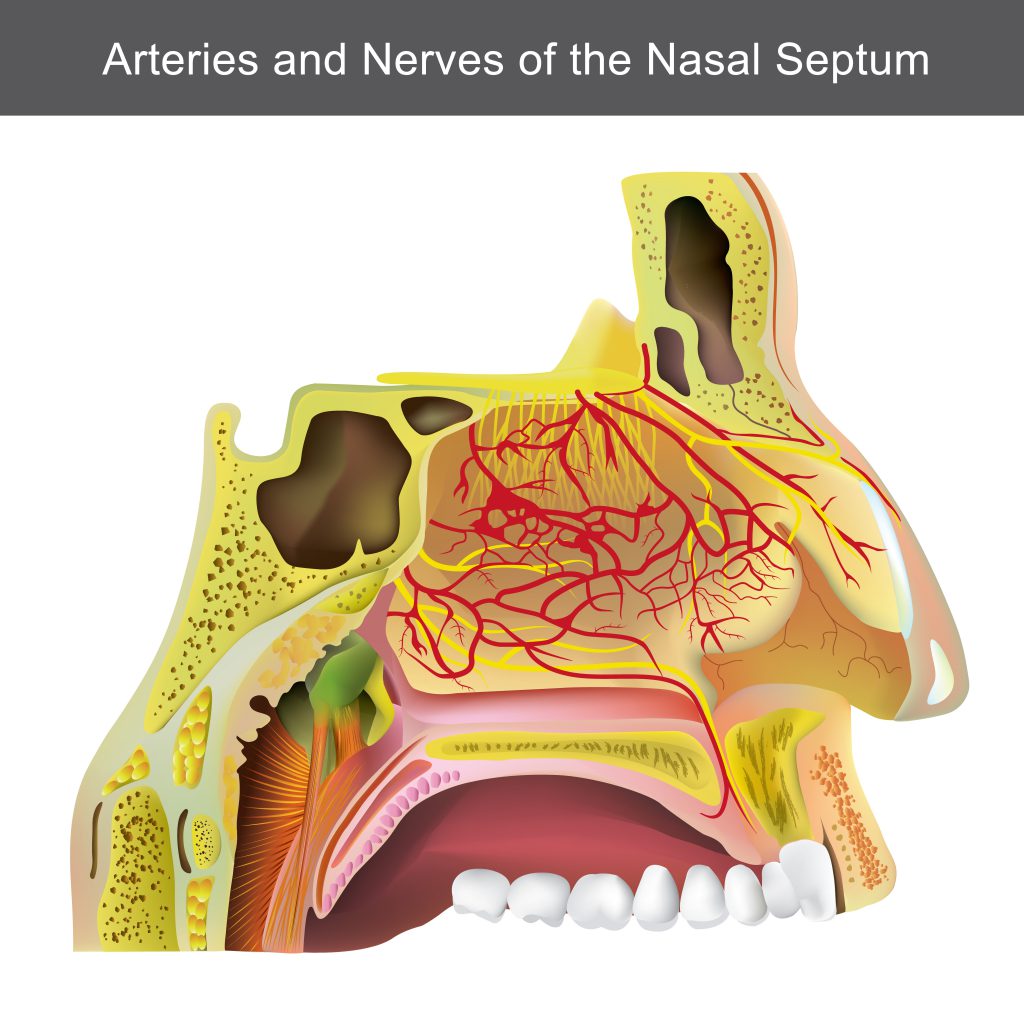Resource Library
Start Reading

After a short night of sleep, you wake up to a persistent throbbing headache and sinus pressure behind your cheeks and temples. When you sit up, the dull headache sharpens into a pain that travels into your teeth and up to your ear. Is it a toothache or sinus tooth pain?

Begin by taking stock of your tooth pain. If the pain is limited to the upper teeth—especially the back molars—you are likely suffering from a sinus headache. Sinus tooth pain occurs because of swelling and mucus buildup in the sinuses, which puts pressure on the nerves that feed into the roots of the top teeth.
The American Rhinologic Society (ARS) defines sinusitis as an inflammation of your nasal passage lining. When a cold lasts for longer than two weeks, it can become an acute sinus infection, which is associated with the buildup of bacterial or viral mucus. The mucus puts pressure on dental nerve endings, which is why patients have tooth pain.
A cavity, on the other hand, will affect any tooth in the mouth and has no relationship to sinus pain. What starts out as a tooth sensitivity can become intermittent tooth pain, then a throbbing toothache. If you see visible holes or pits on the tooth, that could be another sign that a cavity has developed.
If you’ve determined that your pain is actually the result of a sinus infection, then the first step is to visit the doctor. While viral infections after a cold will get better on their own, a bacterial infection must be treated with antibiotics. In the meantime, you can try these three tips to relieve sinus-related tooth pain:
Cavities are a serious condition that shouldn’t be taken lightly. If you don’t have sinus symptoms and your tooth pain continues, then you need to visit a dentist right away. Untreated dental caries become tooth infections, which are painful and costly. Treat your toothache sooner rather than later, and you’ll never regret it. To get a toothache evaluation, you can make an appointment with a Penn Dental Family Practice dentist by calling 215-898-PDFP(7337).